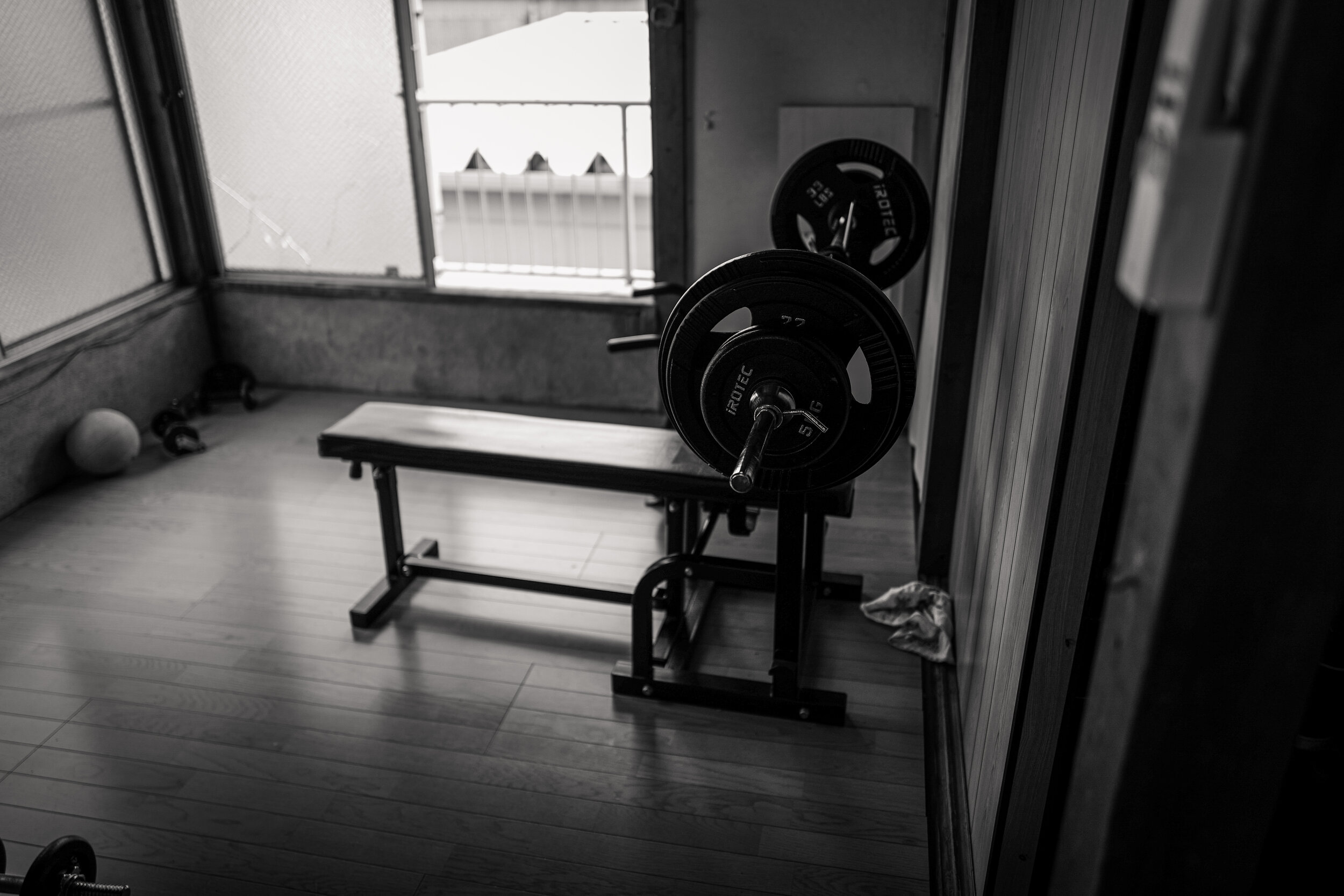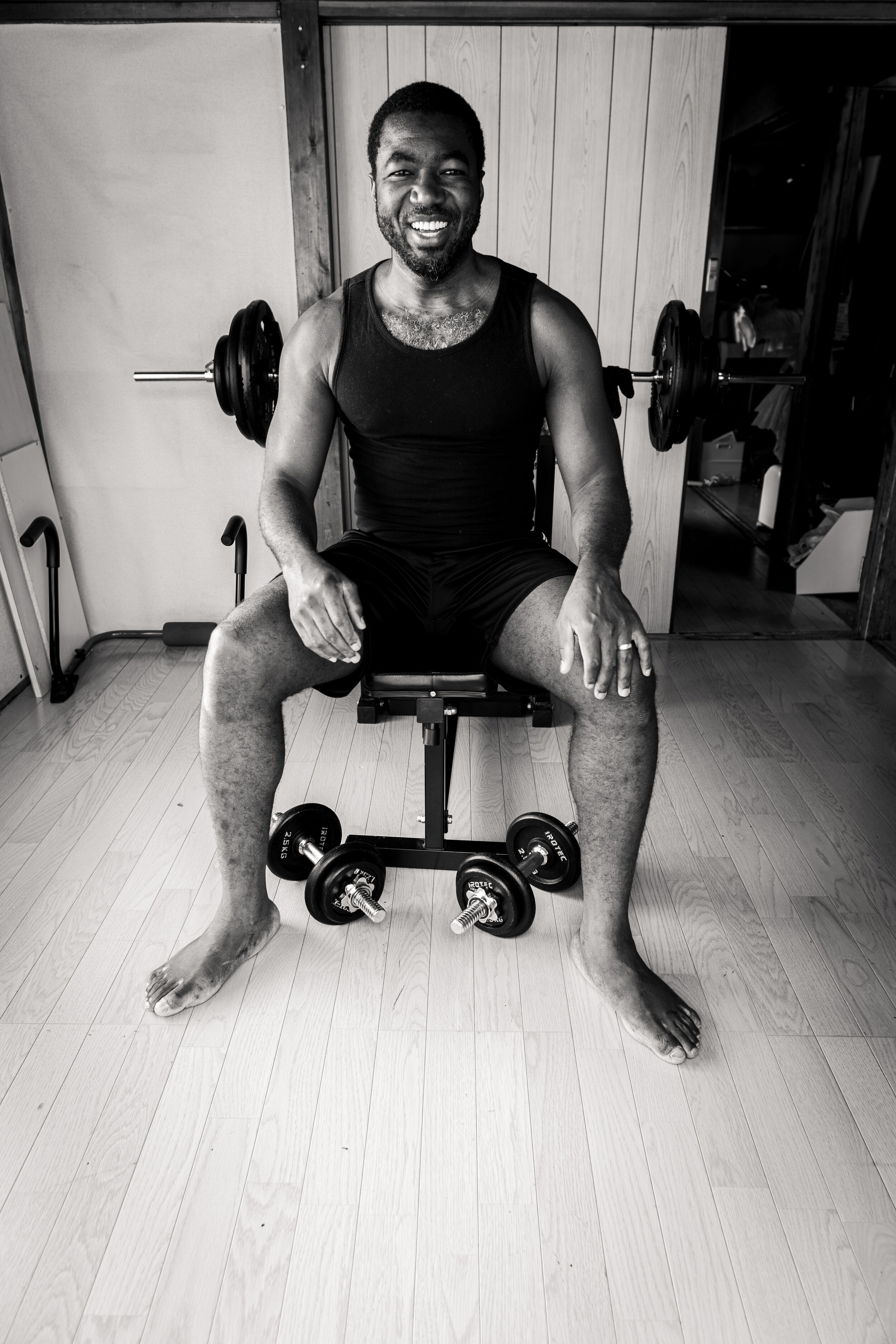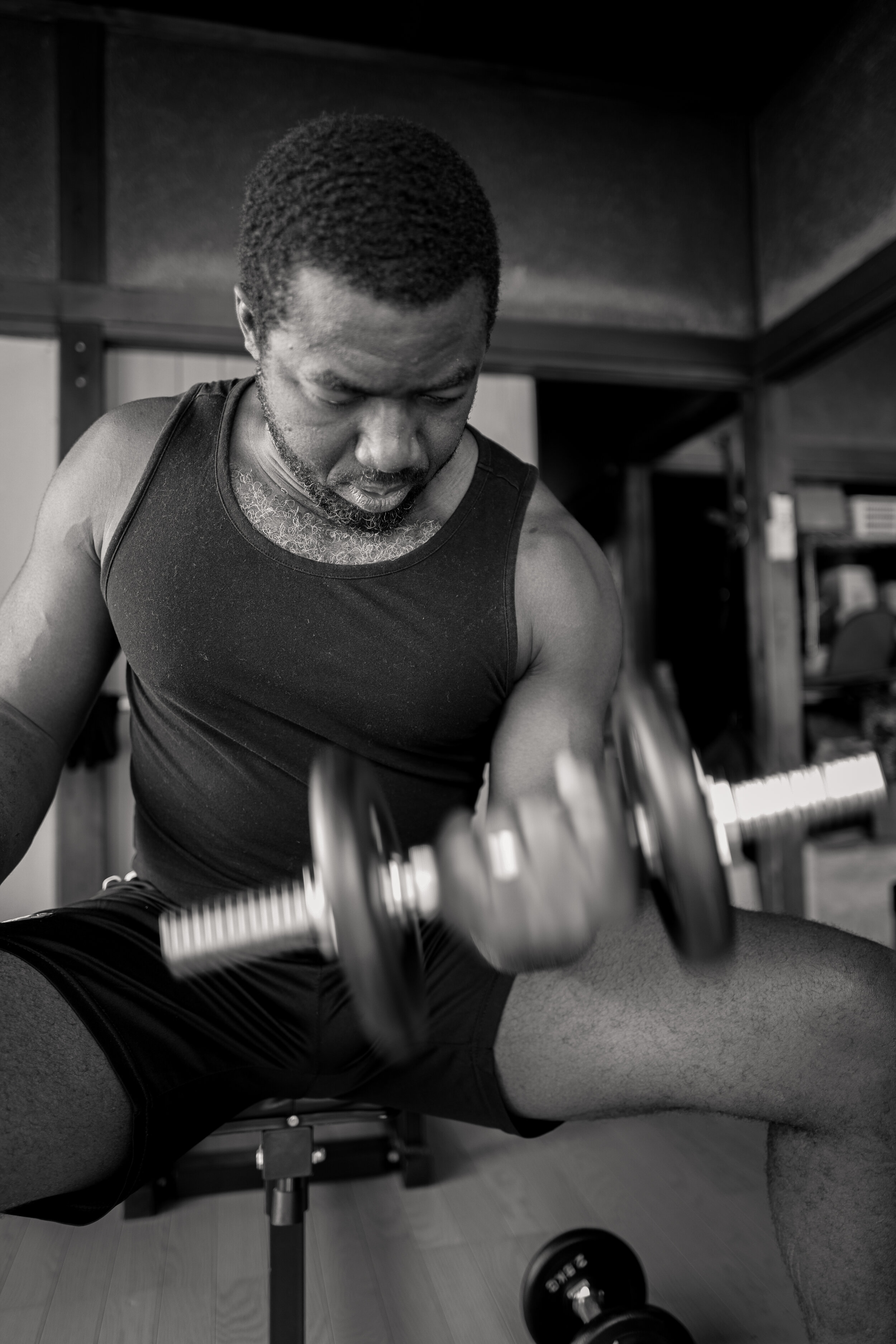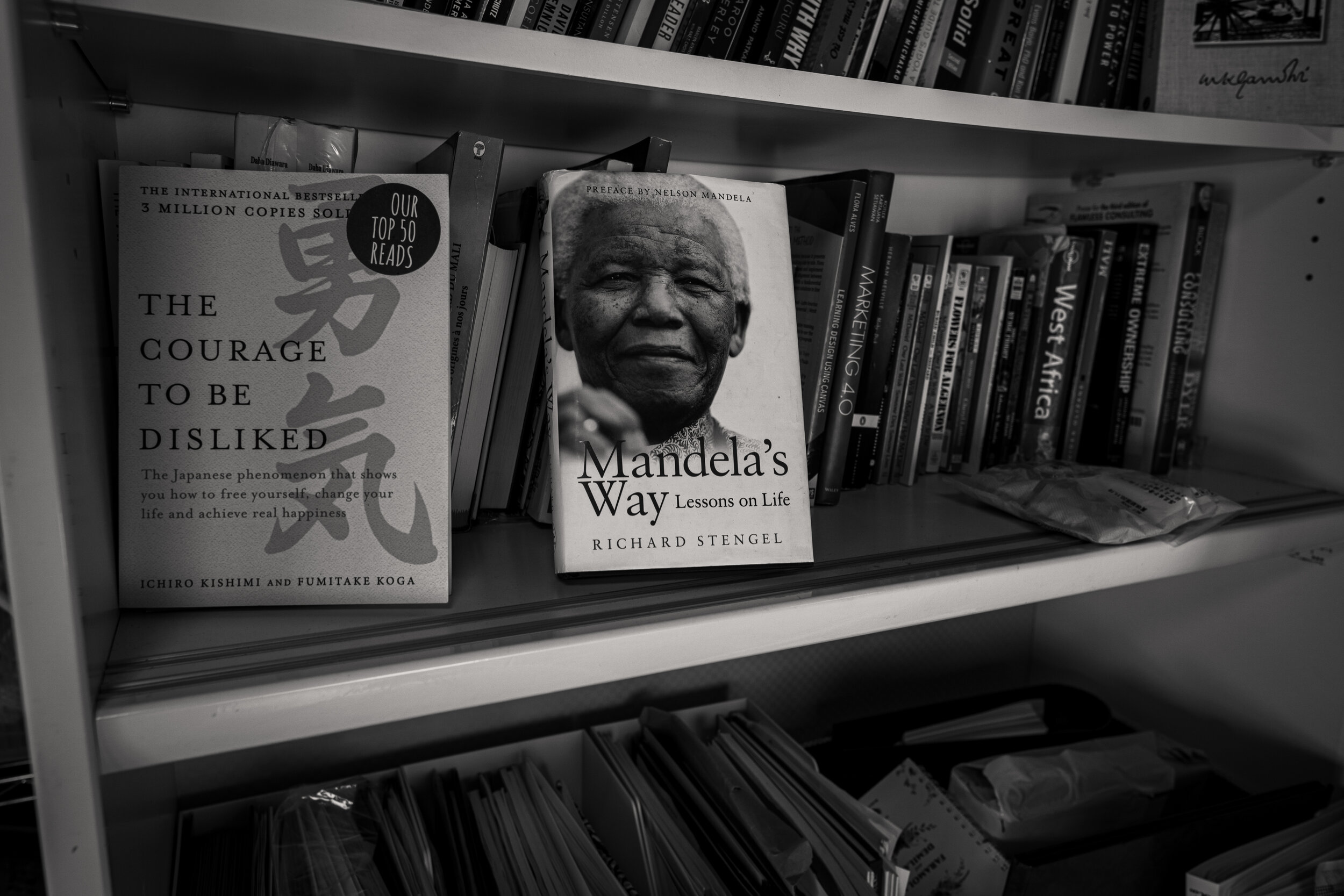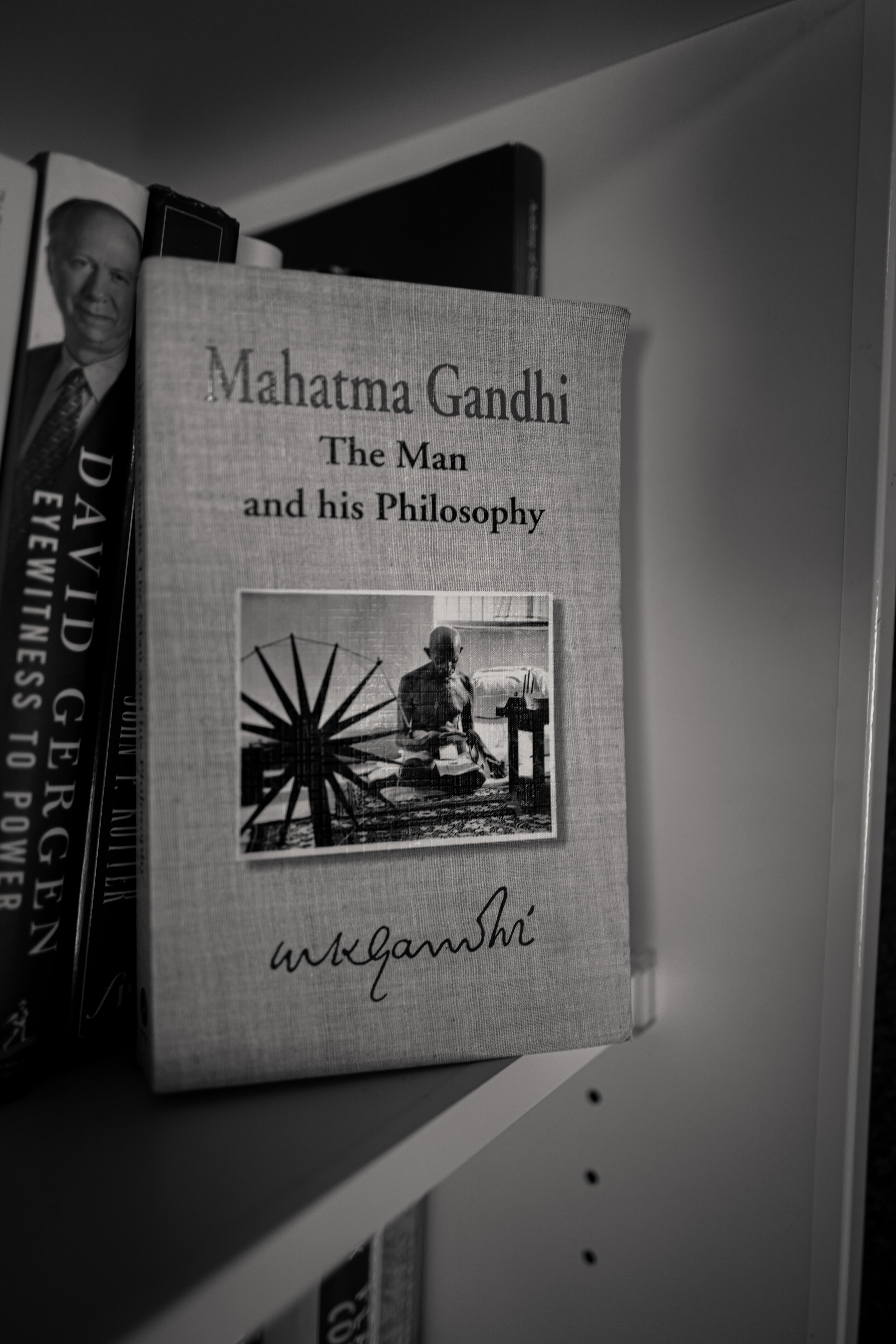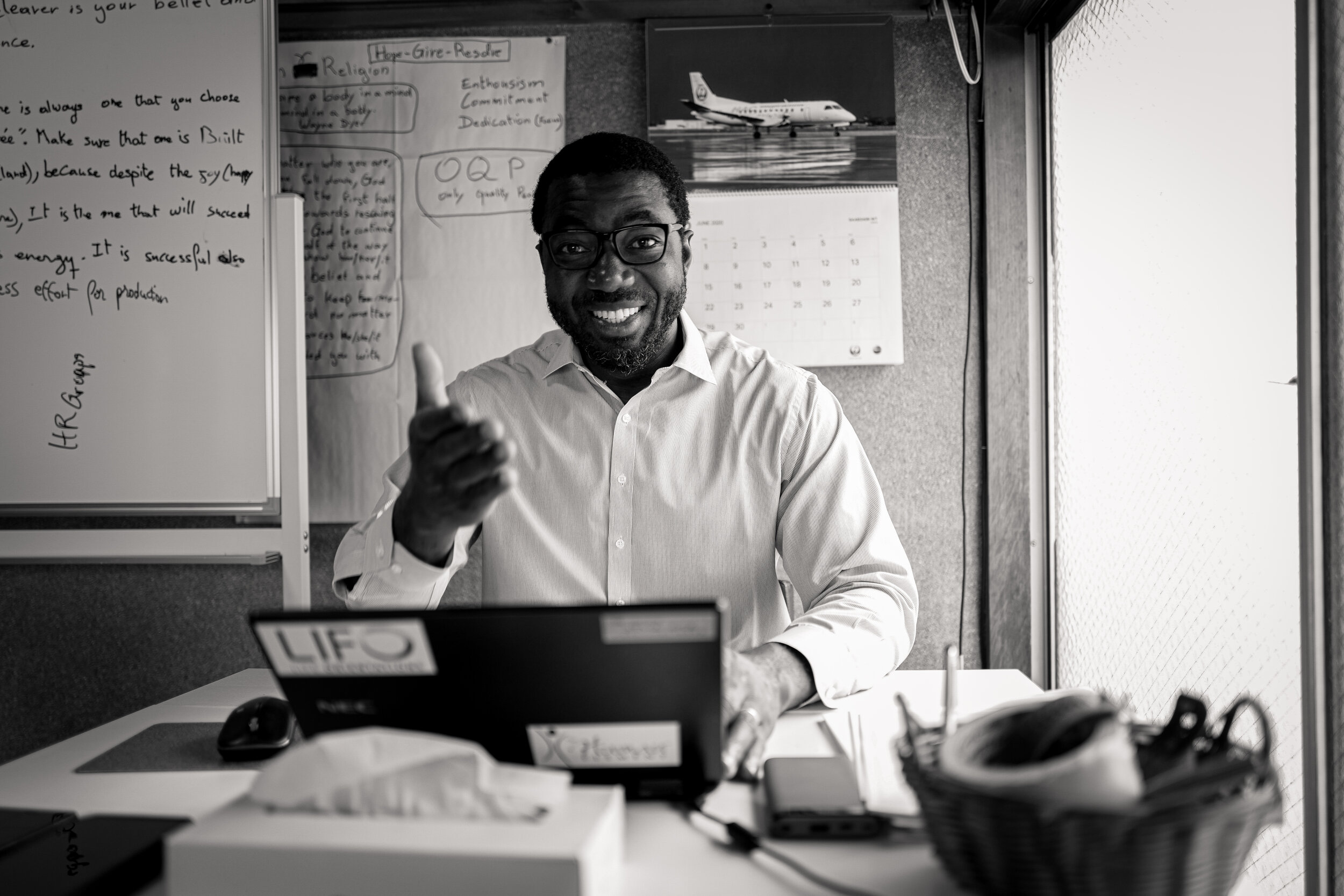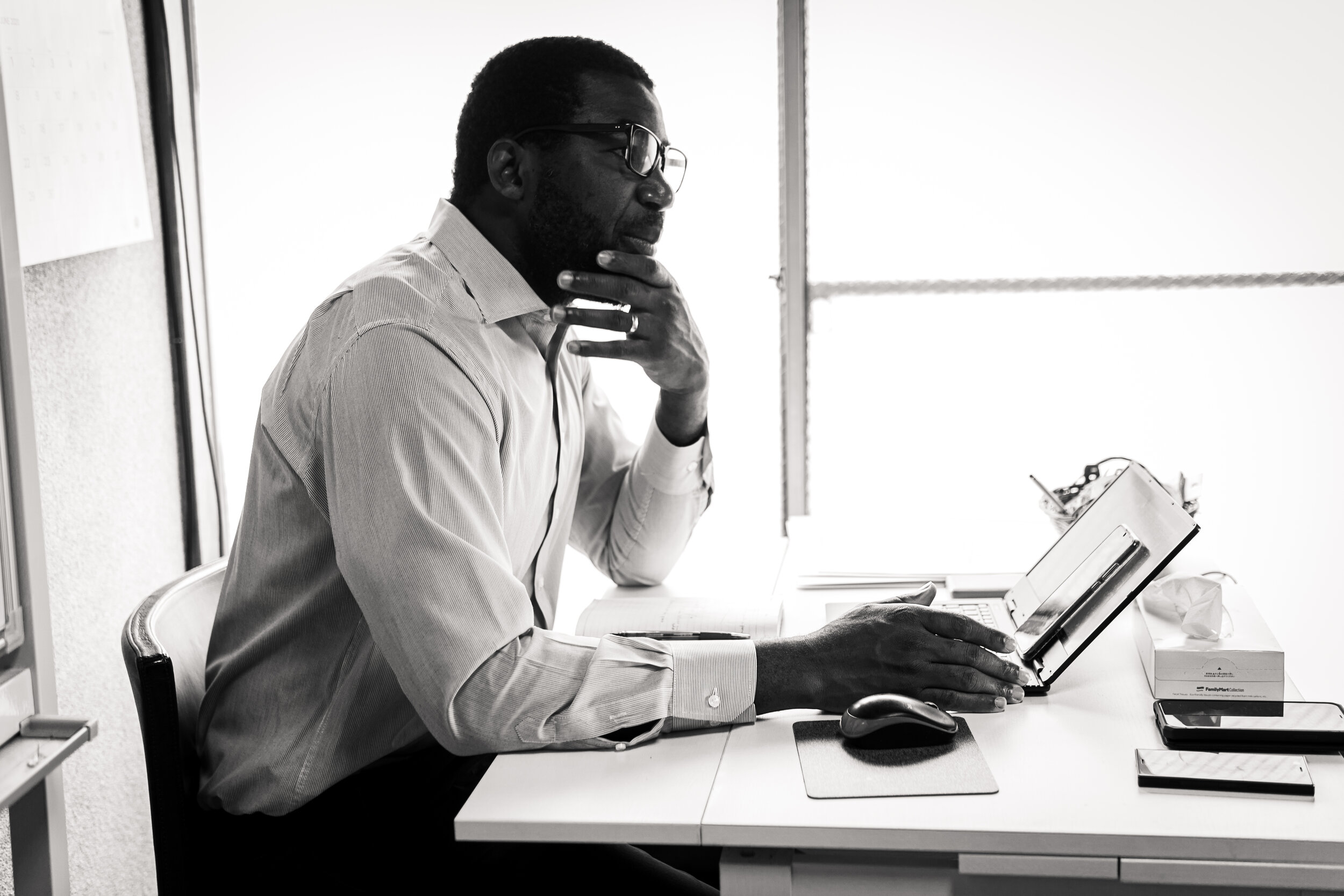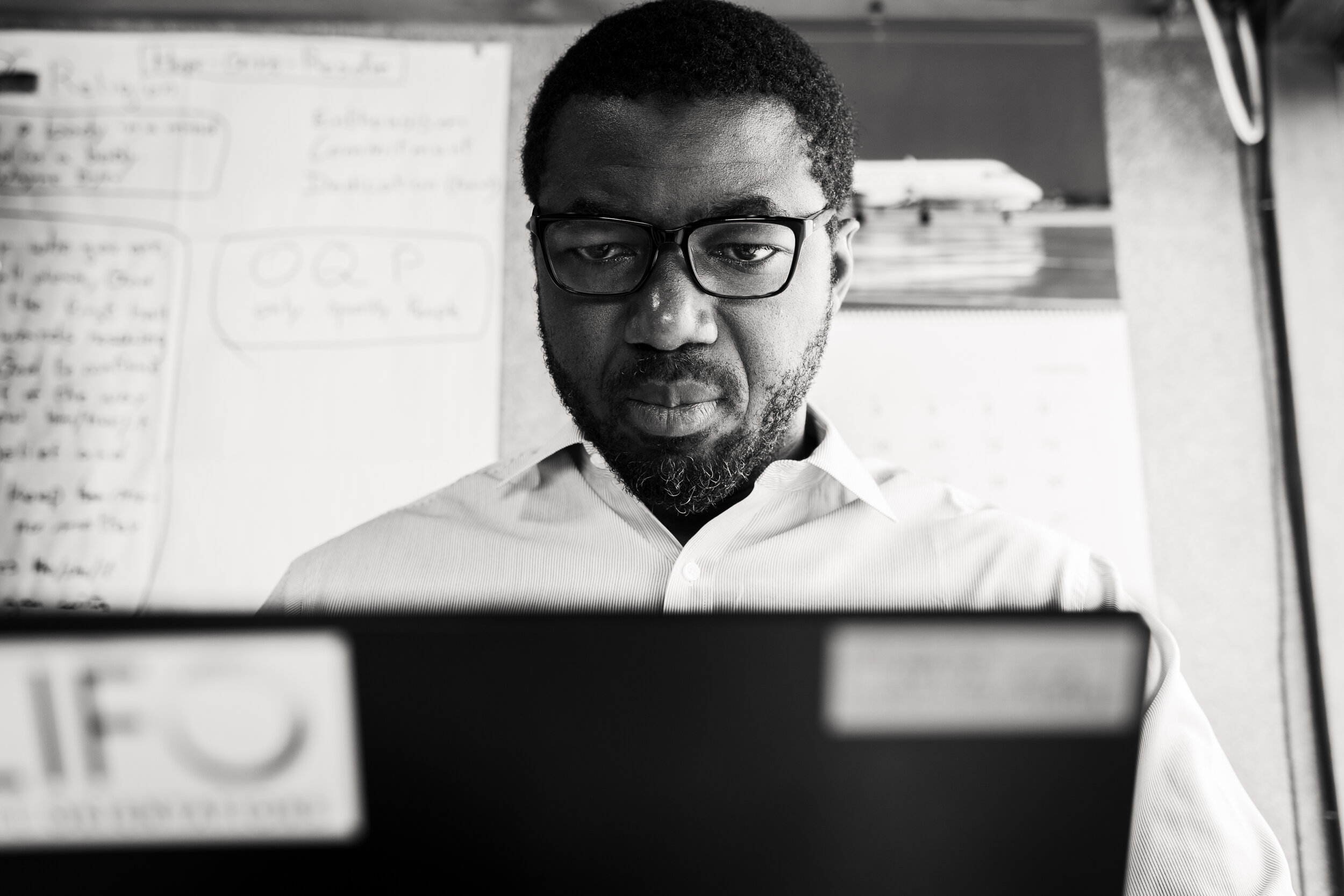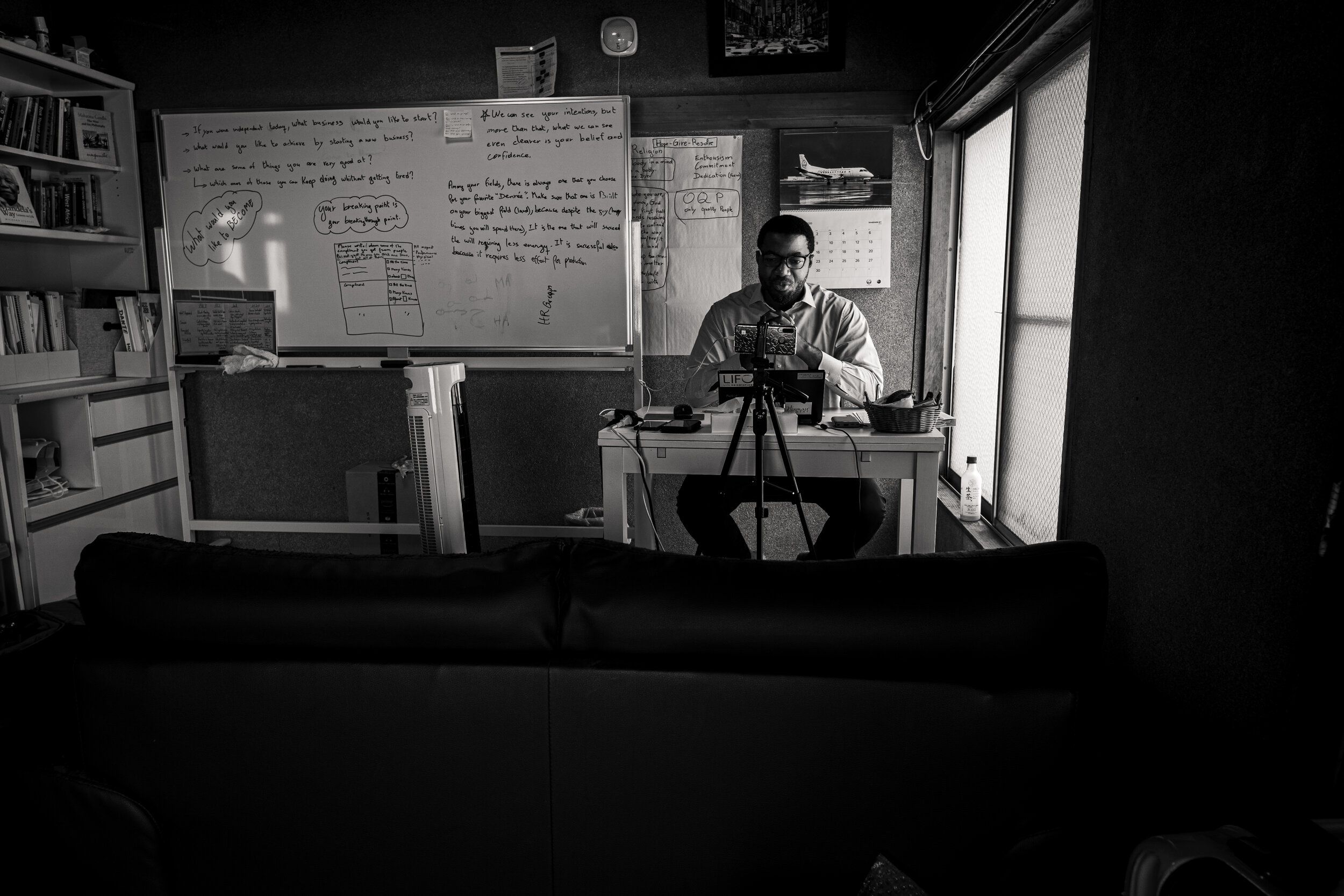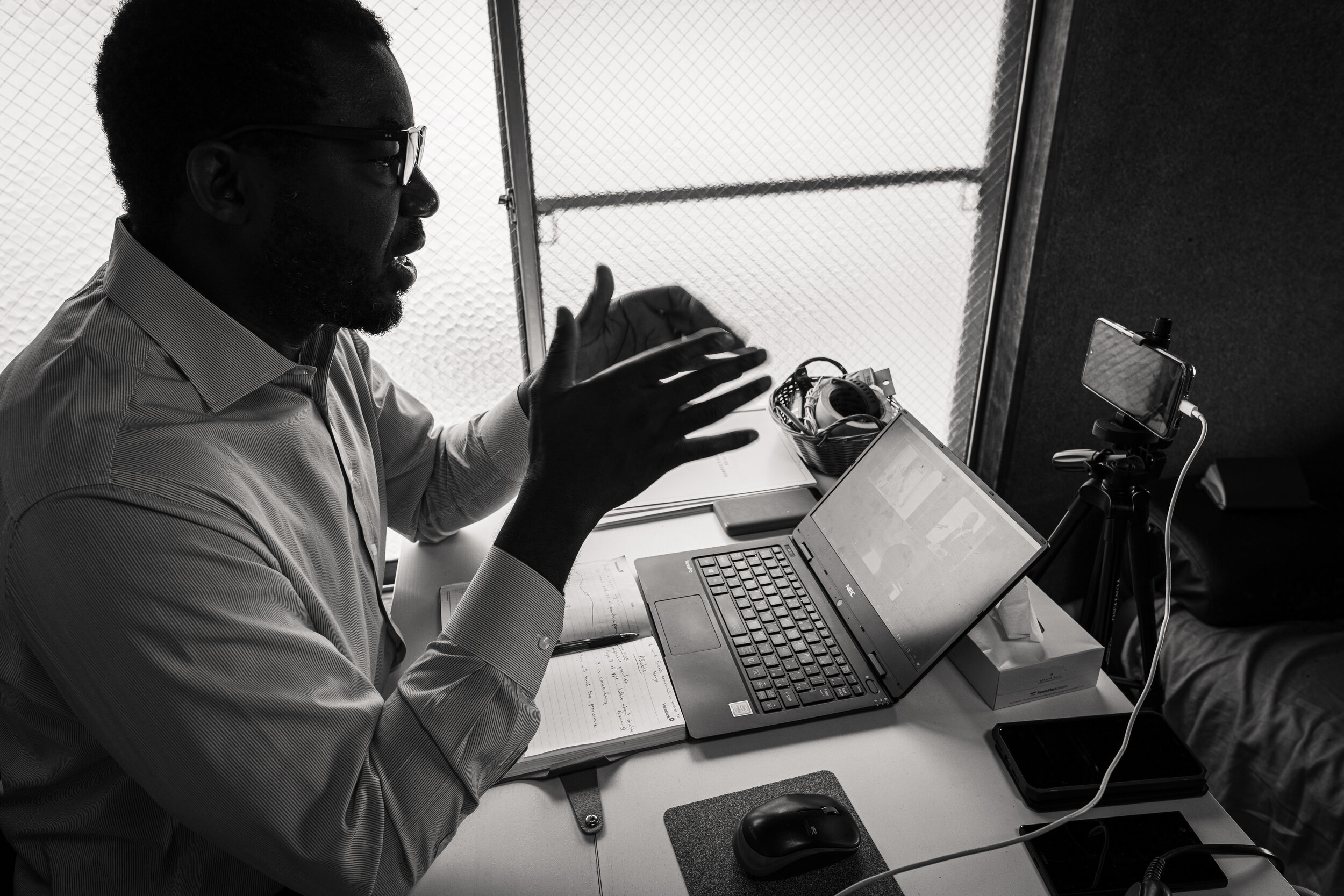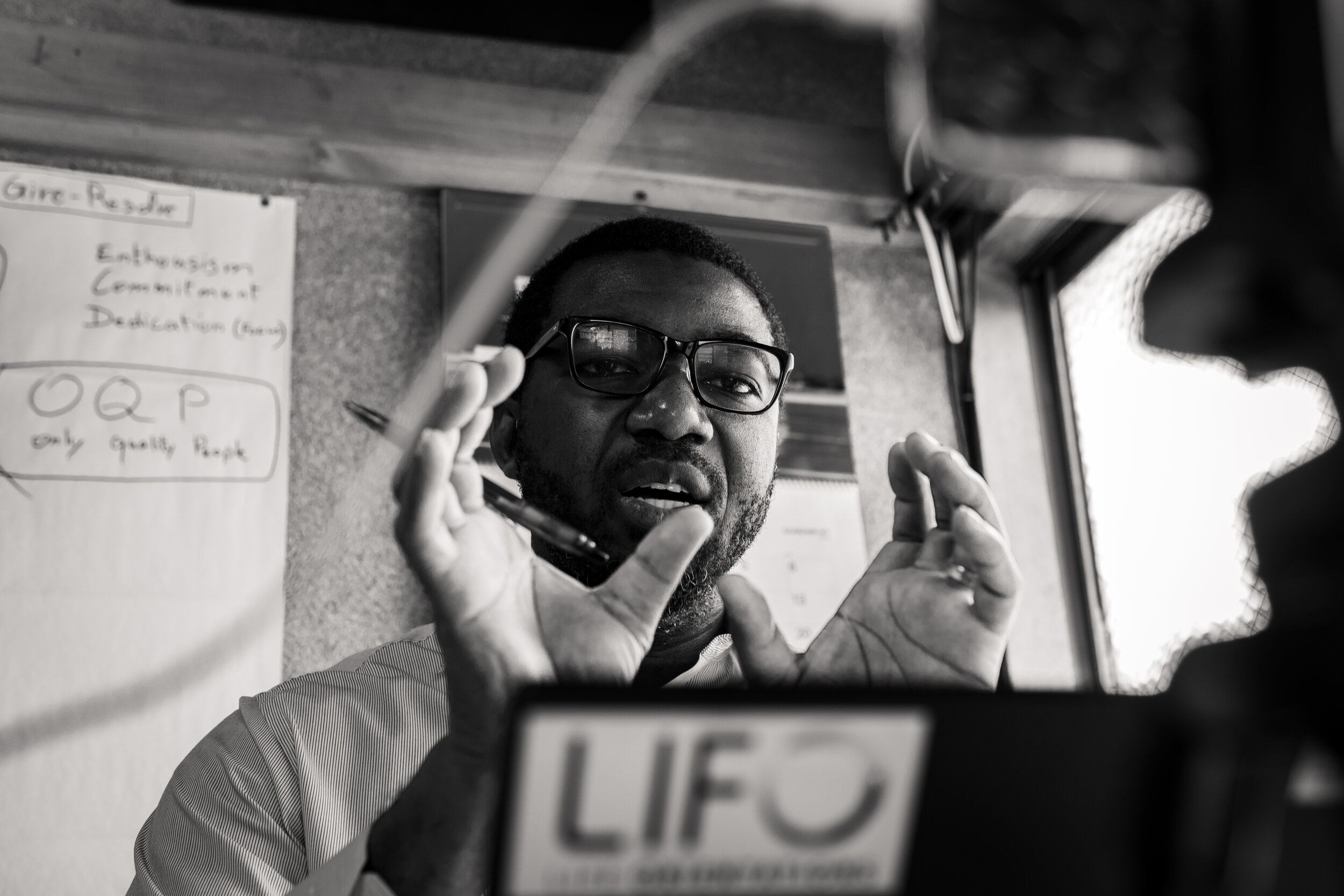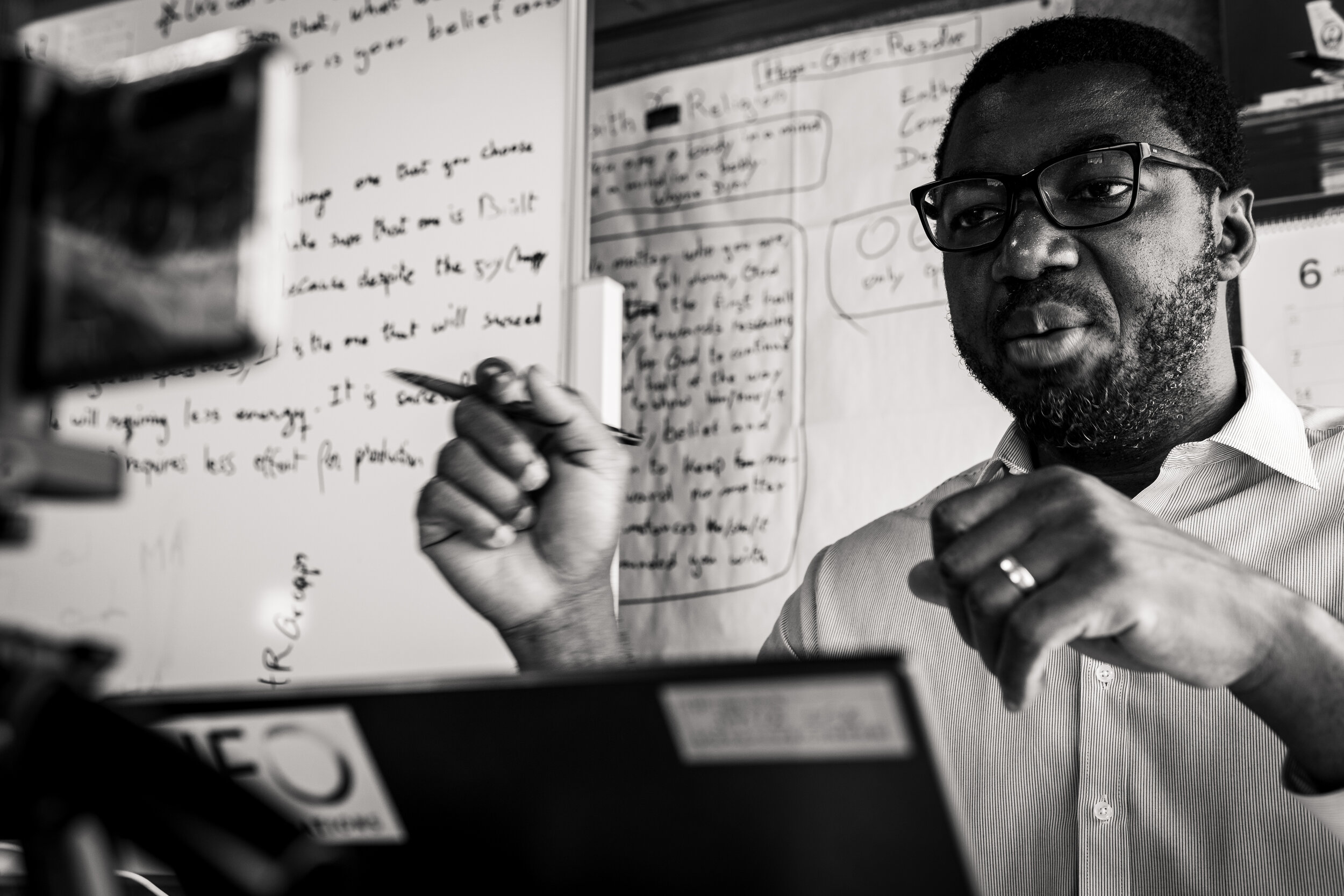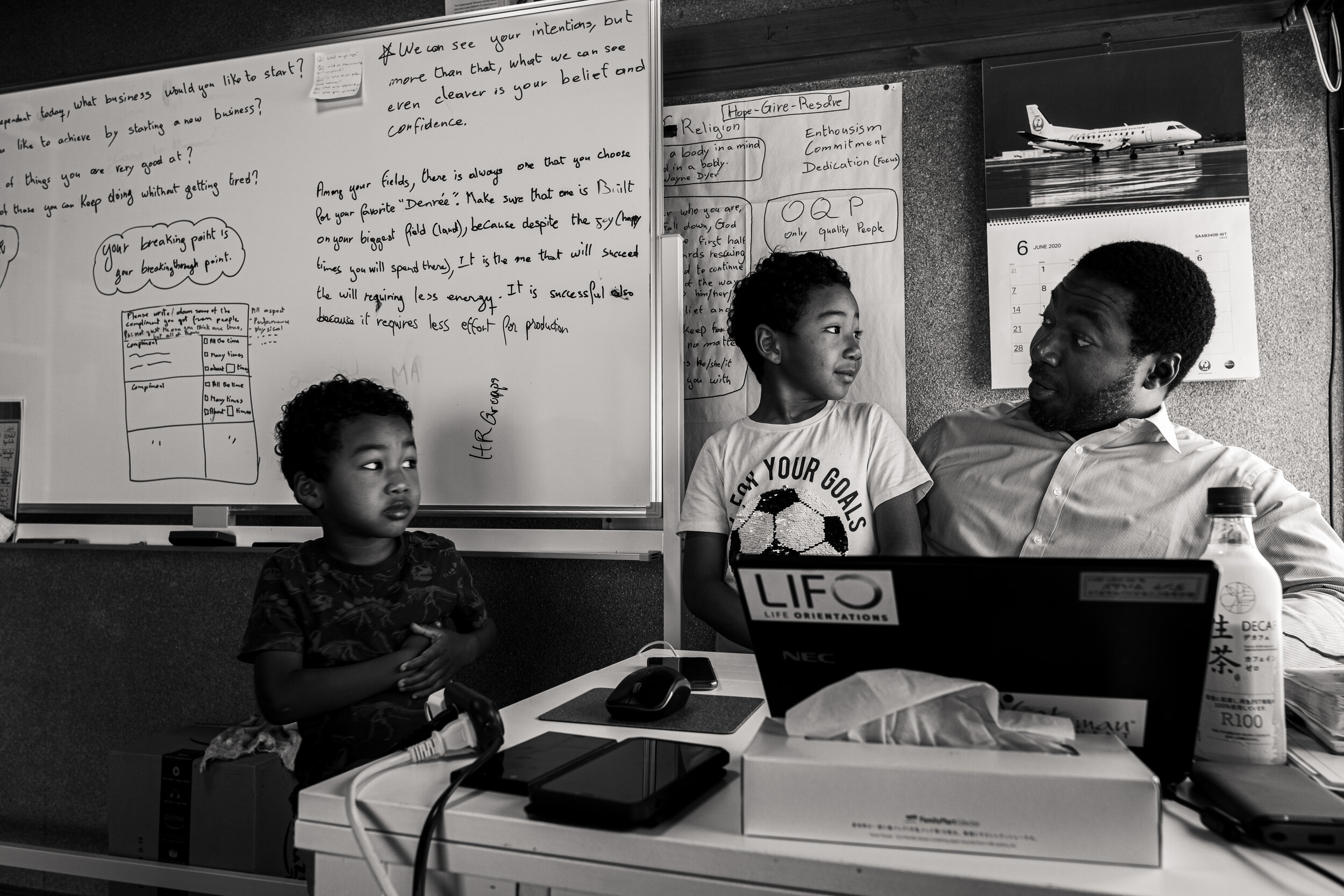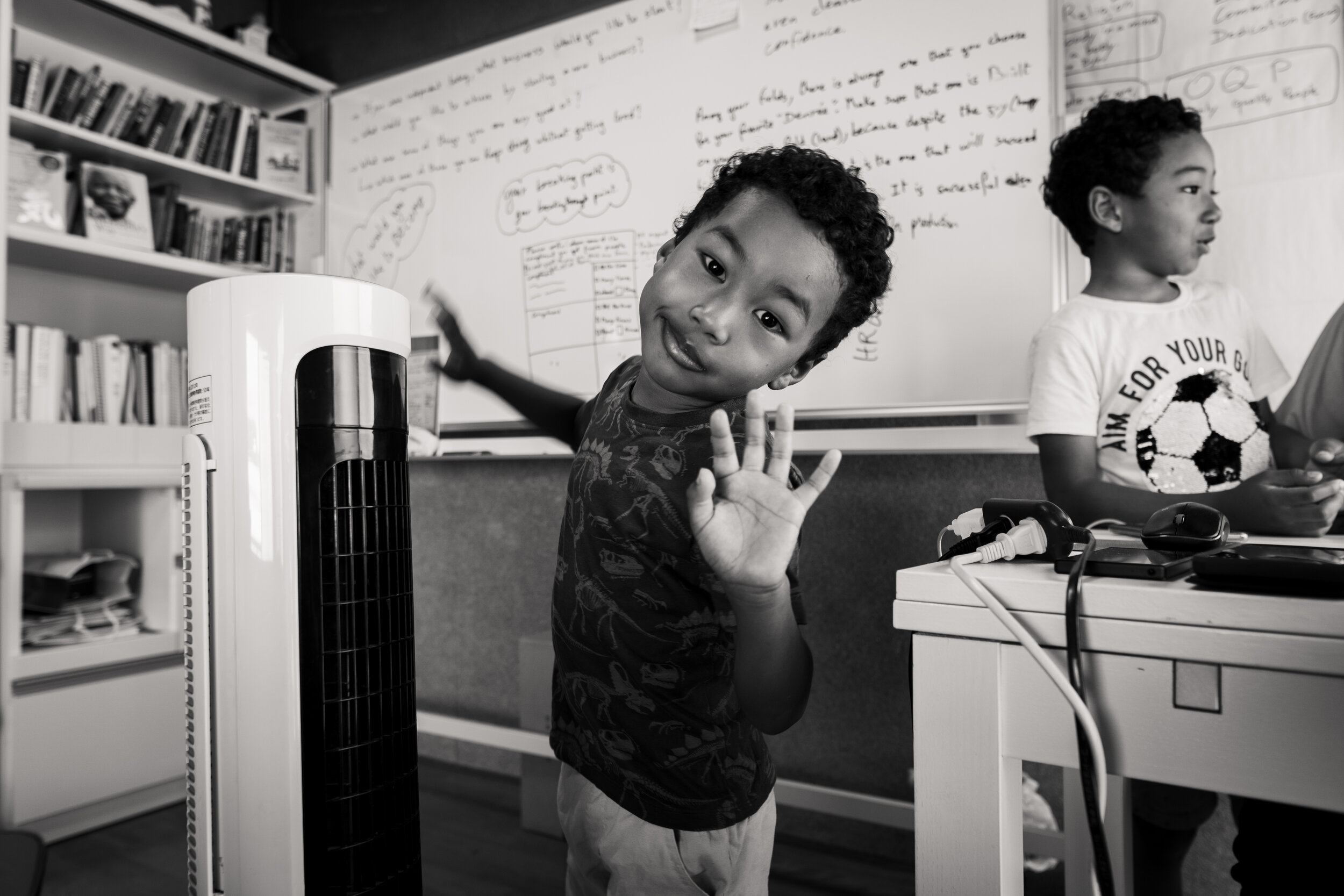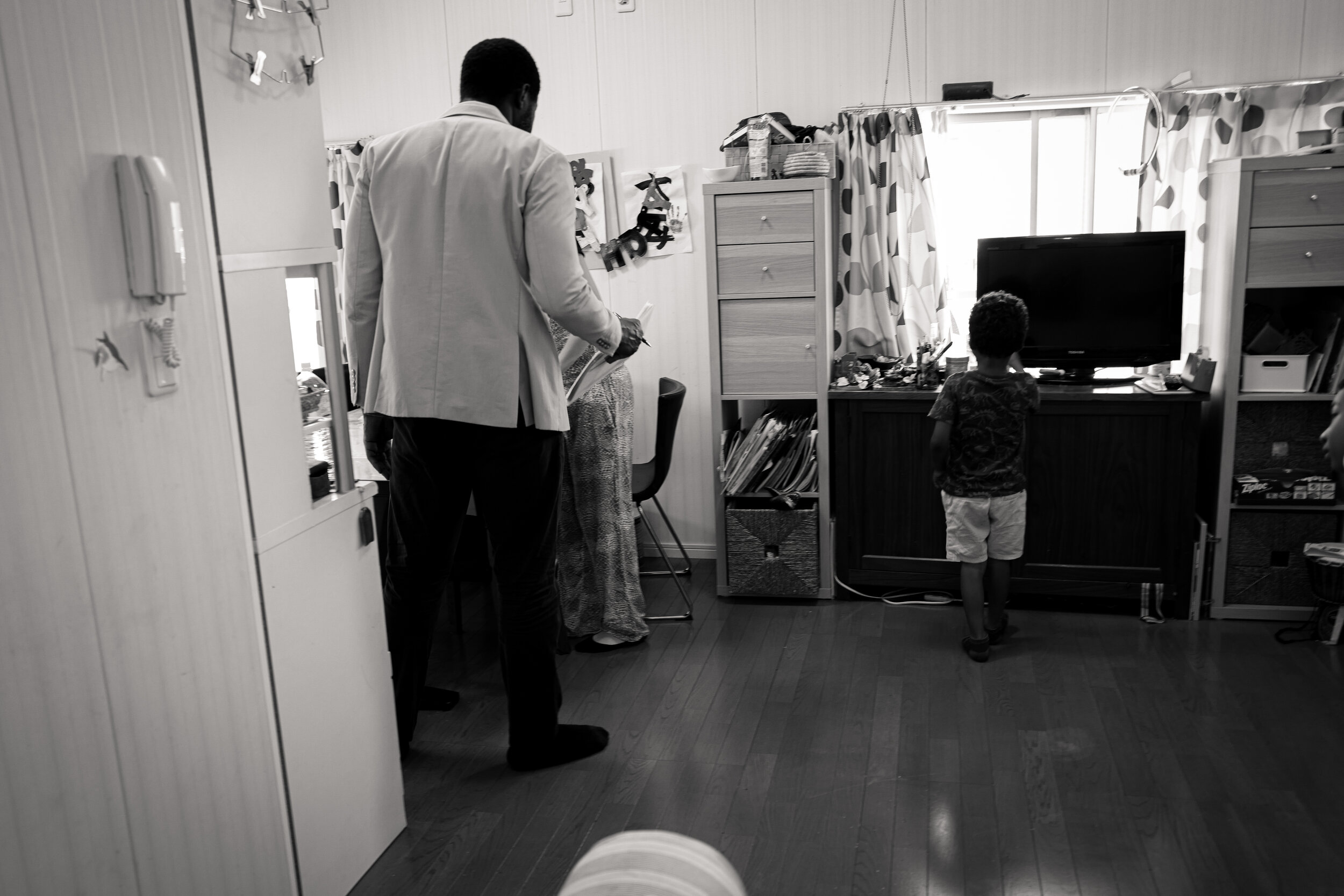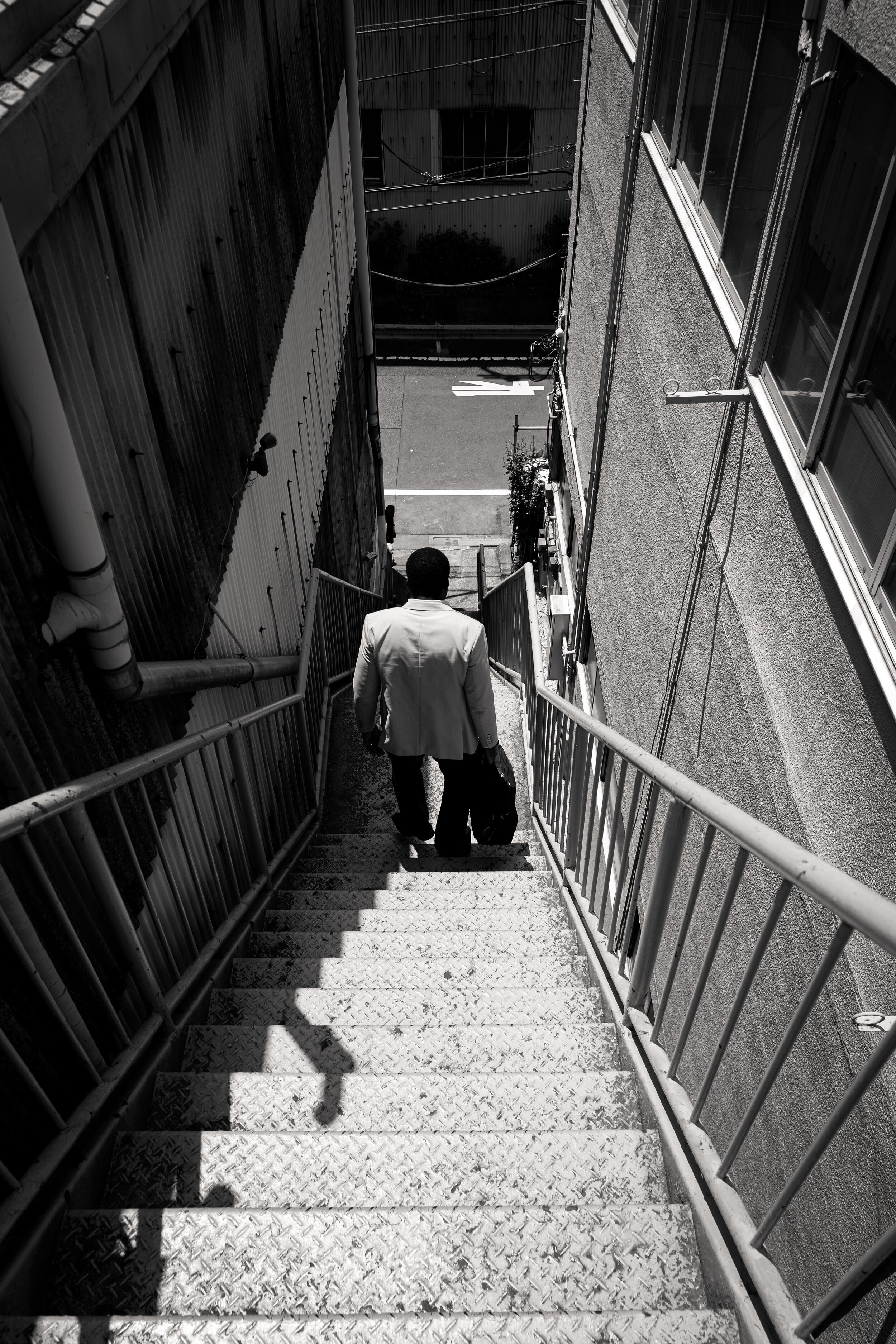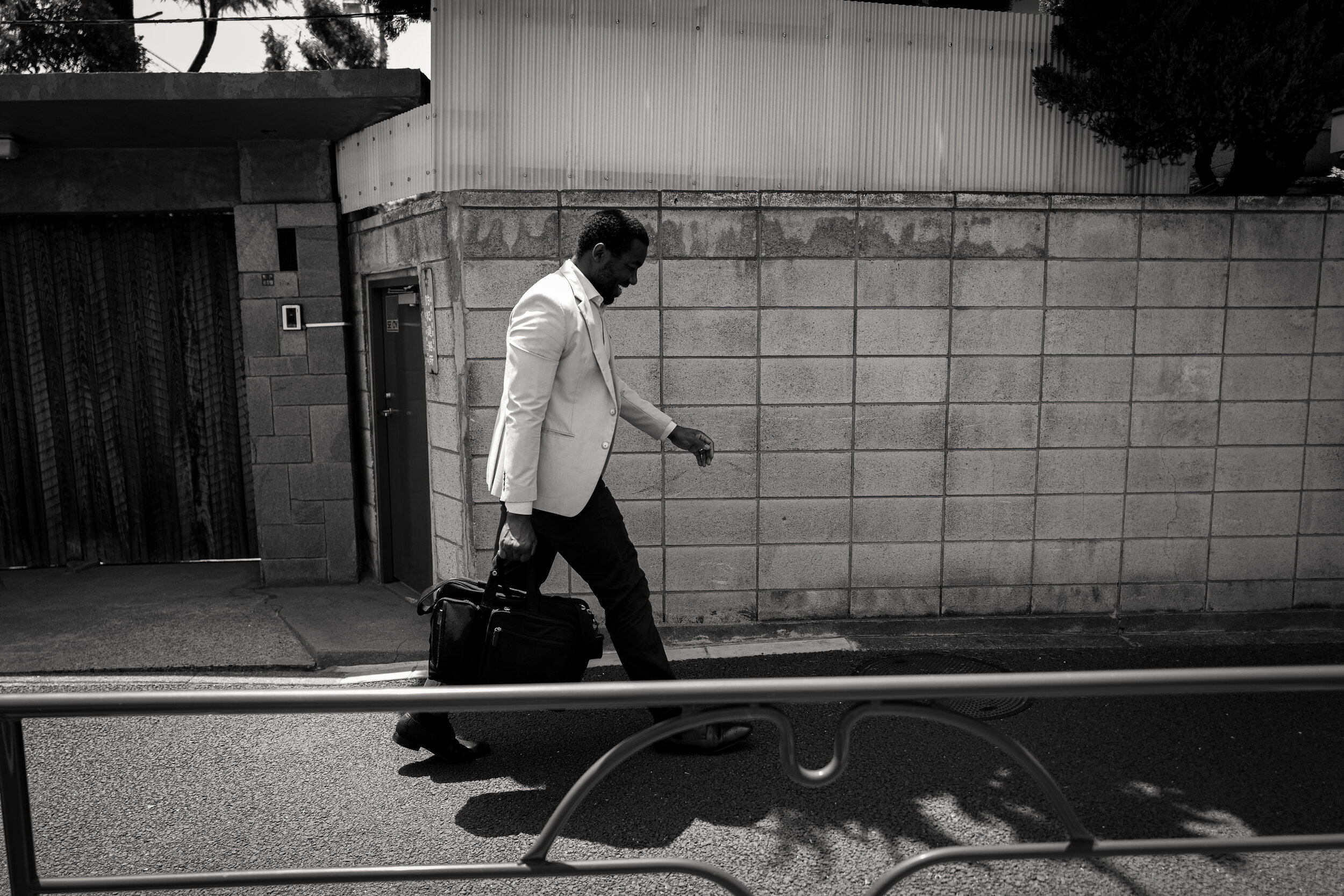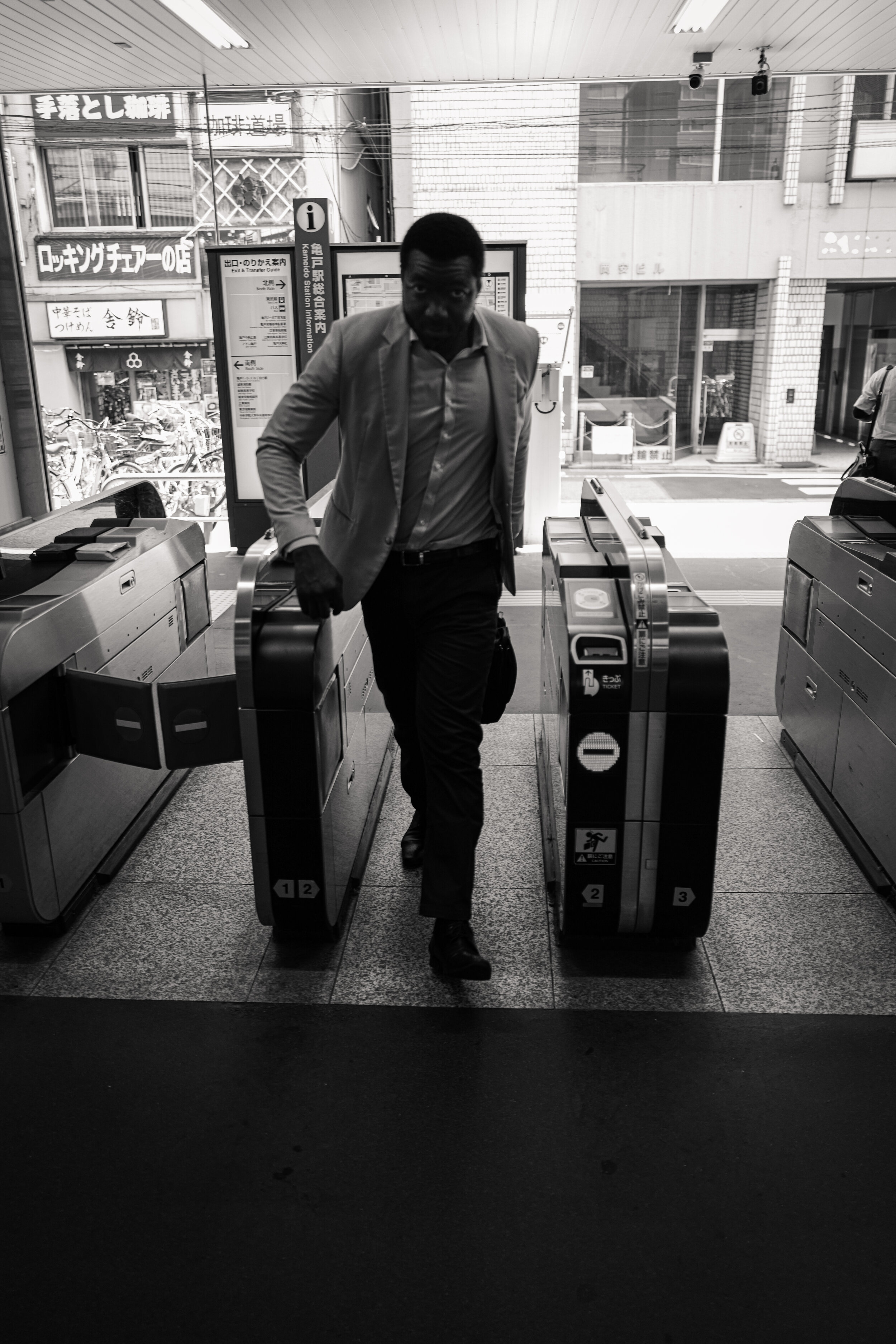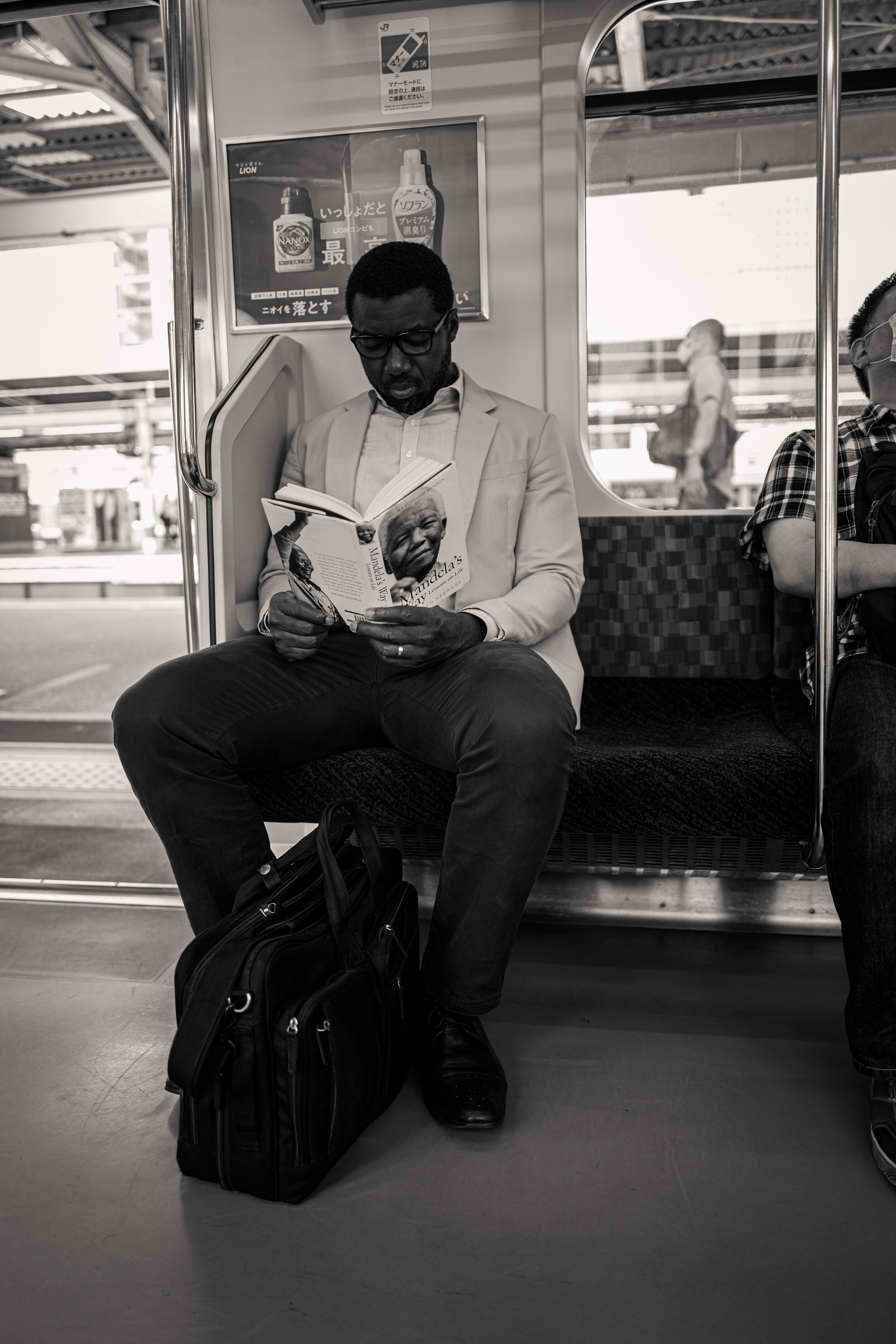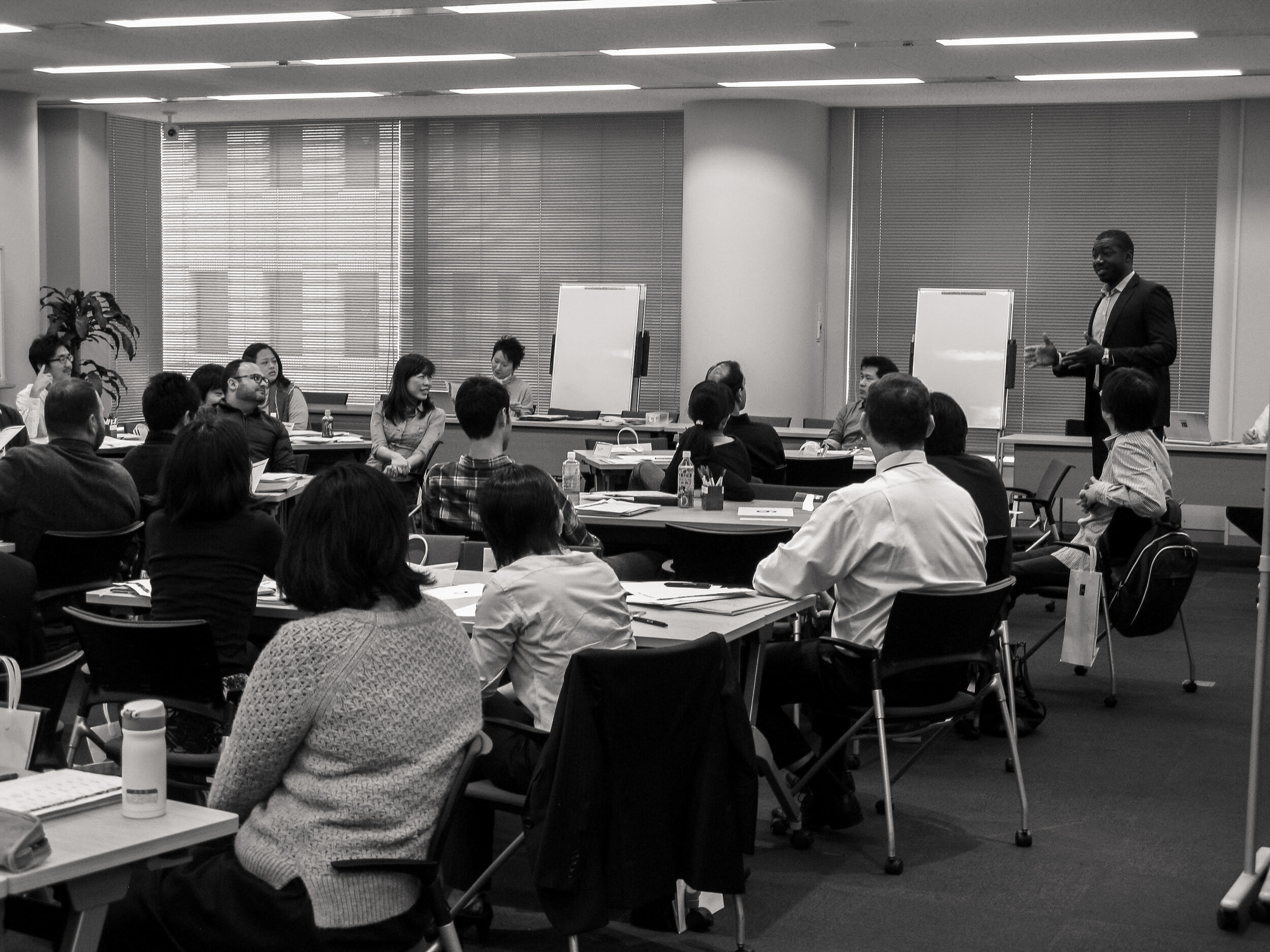Mahamoud Dante, coach
(English below)
Dante è stato mio compagno di corso al Master in Business Administration alla Globis University di Tokyo. Era il capo del nostro corso e quando si candidò fu votato praticamente all’unanimità. Si vedeva subito che era un leader nato, intelligente, comunicatore persuasivo, trascinatore divertente e tanto altro.
Mahamoud Dante, o semplicemente Dante come amano chiamarlo gli amici italiani come me, nasce trentanove anni fa nel Mali, nel cuore dell’Africa. Cresciuto in una famiglia numerosa di otto fratelli di cui sei più grandi di lui, tutto quello che è l’ha imparato in famiglia. Un padre insegnante, poi politico e poi di nuovo insegnante, sette fratelli ormai sparsi in Europa, una madre attenta e premurosa.
Dante è la testimonianza vivente di come l’educazione sia il mezzo più potente per sconfiggere ogni forma di discriminazione, di razzismo e persino di povertà. Come dice lui <<l’educazione rende liberi>>.
Dante, quante lingue parli?
Cinque. Nel Mali ogni persona impara la lingua della propria etnia, poi il bambara che è l’etnia principale, mentre a scuola si studia in francese. Mi sono poi laureato in inglese in letteratura Afro-Americana e il destino mi ha condotto in Giappone quindi adesso parlo il giapponese fluentemente.
Perché’ hai studiato letteratura afro-americana?
Già da giovane ero affascinato dai grandi leader di colore, Nelson Mandela, Thomas Sankara, Martin L.King, ma anche cantanti come Nina Simone o poeti come Maya Angelo, James Baldwin che hanno combattuto per i diritti dei neri. Mi sono sempre ispirato a loro in quello che ho fatto e tuttora sono un esempio per me.
Come sei poi arrivato in Giappone?
Subito dopo la laurea, dopo una breve parentesi nell’insegnamento, sono entrato nel turismo. Lavoravo per una azienda che organizzava tour nel Mali, Ghana, Nigeria e nonostante fossi nelle vendite, i gruppi giapponesi chiedevano sempre di me quando tornavano. In quel contesto ho conosciuto Yoshiko, che oggi e’ mia moglie e dalla quale ho avuto due figli che adoro.
Non avete considerato di fermarvi nel Mali?
Originariamente quello era il nostro piano. Nel 2011 infatti aprii la mia società nel turismo ma nel 2012 ci fu il colpo di stato per opera delle milizie tuareg che misero il paese in ginocchio. I conflitti sono purtroppo ancora attivi, quindi nel 2012 decidemmo di trasferirci in Giappone. Non è stato facile lasciare tutto e a Tokyo non conoscevo nessuno al di fuori di mia moglie.
Com’è stato l’inserimento in questa società?
Difficilissimo. La cosa che più mi pesava è che mi giudicavano per la mia provenienza, per il colore della mia pelle. Inserirsi in un paese straniero è sempre difficile, ma in Giappone è molto più duro. Qui sono isolani, notoriamente chiusi alle culture diverse e mi giudicavano per la mia apparenza. In quanto nero mi stereotipavano e mi proponevano solo certi tipi di lavoro. Quindi decisi che dovevo studiare, che dovevo comunicare quello che ero, dovevo contestare il giudizio che gli altri avevano di me giudicandomi solo dall’aspetto esteriore.
Lo studio quindi come possibilità di riscatto?
Esatto. Decisi di studiare il giapponese a tempo pieno, dovevo poter comunicare a questa società chi ero. La comunicazione è sempre stato il mio punto forte e qui mi mancava, quindi iniziai a studiare come un matto. Ero però già sposato e mia moglie nel 2012 aspettava il nostro primo figlio, quindi non potevo concedermi il lusso di studiare e basta, ma mi cercai anche un lavoro, che poi diventarono due.
Come hai fatto a conciliare tutto?
Quelli sono stati gli anni più duri della mia vita. Le mie giornate iniziavano presto con la sveglia all’alba. Dopo le preghiere – sono mussulmano – e una colazione veloce mi recavo al primo lavoro part-time, un ristorante di Tamago Yaki, l’omelette giapponese. Finivo di lavorare a mezzogiorno e avevo 10 minuti per mangiare perché alle 13.00 iniziava la scuola fino alle 17.30. Una volta finito di studiare i kanji, dovevo correre al secondo lavoro, un ristorante coreano dove lavoravo fino a mezzanotte. Arrivavo a casa all’una del mattino, pregavo e dopo una doccia veloce mi coricavo circa alle due per svegliarmi nuovamente poche ore dopo. Un periodo durato due anni davvero massacrante.
Nessuno vi aiutava a casa?
Si certo, i miei suoceri che abitano tuttora vicino a noi ci hanno sempre aiutato tanto. Anche i giapponesi hanno un cuore grande, ma ci sono stati momenti che volevo mollare. Certe notti quando tornavo a casa stremato, sapendo che l’indomani mi attendeva la stessa fatica, e poi c’era lo studio e la famiglia che si allargava. In quei momenti pensavo a mio papà e mia mamma, a tutte le fatiche che hanno sopportato per noi, alle loro rinunce per farci studiare e da lì a poco sarei stato a mia volta un padre, quindi non potevo mollare. A volte penso che se avessi mollato, oggi sarei ancora un cameriere part-time, oggi sarei quello che gli altri volevano che fossi, ma che io non volevo. Io sapevo che ero molto di più di quello.
Noi ci siamo conosciuti alla Globis University di Tokyo, durante il Master in Business Administration. Cosa ti ha spinto ad iniziare anche questo cammino?
Era il 2014 e ormai mi esprimevo bene in giapponese, avevo riacquistato sicurezza in me stesso ma volevo elevarmi ulteriormente. Nel mio paese diciamo che “la mano che dà deve essere sempre più in alto di quella che riceve”. Io voglio restituire tutto quello che ho ricevuto, per dare devo migliorarmi sempre e la libertà sta alla base di tutto.
Ricordo che all’inizio del corso ti candidasti come capo corso, non eri sufficientemente impegnato?
Ho sempre voluto essere un leader, mi viene spontaneo, è uno stimolo a migliorarmi. Non ci pensai un secondo a candidarmi e quasi tutti mi votarono. Capii quindi che la mia vita aveva un senso, che non venivo più visto come l’uomo di colore scappato da un paese povero, la gente mi ascoltava e mi seguiva.
Adesso cosa fai?
Sono consulente per aziende che richiedono uno sviluppo della loro organizzazione. Adoro questo lavoro, mi permette di esprimermi per quello che sono. Lavoro con persone di diverso livello, seguo il loro percorso di crescita, sviluppo e correggo la loro leadership. L’azienda per la quale lavoro è una multinazionale, tengo quindi i miei corsi in inglese, francese o giapponese e ho un team multietnico. A volte quando penso a come venivo giudicato perché non parlavo il giapponese mi viene ancora un groppo alla gola, ma guardo alle fatiche che ho sostenuto sempre con molto affetto, non voglio scordare da dove vengo e della strada che ho percorso, mai.
Dai Dante, qual è il tuo segreto per tutto quello che hai fatto?
Sicuramente la passione per la vita, ma poi molto metodo, disciplina e di nuovo…tanto studio! Ancora oggi, ogni giorno prego, poi venti minuti di ginnastica e poi studio, leggo e mi preparo per affrontare la vita.
Immagino che hai altri progetti per il futuro. Cos’hai in cantiere?
Non posso svelare i dettagli, ma sento l’esigenza forte di divulgare il mio pensiero ad una platea più vasta e voglio testimoniare che c’è una possibilità positiva nella vita.
///////////////////////////////////////////////////////////////////////////////////////////////////////////////////////////////////////////////////////////////////////////////////////////////////////////////////////////////////////////////////////////////
(ENGLISH VERSION)
Dante was my classmate at the Master in Business Administration at Globis University in Tokyo. He was our class leader and when he applied for that position, he was voted practically unanimously. You could immediately see that he was a born leader, intelligent, persuasive communicator, happy person, calm but strong.
Mahamoud Dante, or simply Dante as Italian friends like me like to call him, was born thirty-nine years ago in Mali, in the heart of West Africa. Raised in a large family of eight siblings, six of whom are older than him, a major part of what he has learned comes from his family. His father was a teacher, then a politician and then decided to go back to teaching again before his retirement. Besides his late father, Dante has seven siblings now scattered throughout the world (Mali, Cote d’Ivoire, Italy, France and Spain), plus a loving and caring mother. Dante is the living testimony of how education is the most powerful means of defeating all forms of discrimination, racism and even poverty. As he says <<education makes you free >>.
Dante, how many languages do you speak?
Five. In Mali, each person learns the language of their ethnic group, then Bambara which is the national language of the country, while at school we study in French. I then graduated in “English language: African-American literature” and when I moved to Japan I had to learn the language as well.
Why did you study African-American literature?
Already as a young boy, I was fascinated by the great black leaders, Nelson Mandela, Thomas Sankara, Martin L.King, etc.. but also singers like Nina Simone, or poets like Maya Angelo, James Baldwin who fought for African American’s rights. I have always been inspired by them and still now. They are great example for me because their legacies remain long in the light. You cannot hide that.
How did you get to Japan?
Immediately after graduation, after a short period in teaching, I entered into the tourism sector. I worked for a company that organized tours in West Africa, especially in Mali, Ghana, Nigeria. Despite being in sales department, the Japanese groups always asked for me to be their tour guide when they were coming for tour. In that context, I met Yoshiko, who is my wife today and with whom I have two loving children.
Have you not considered to stay in Mali?
Originally, that was our plan. In fact, in 2011 I opened my own tourism company but in 2012 there was a coup d'état in Mali and at the same time we had a kind of civil war lead by the Touareg who brought the country to its knees, and unfortunately the country is still in the same situation. So in 2012 I decided to move to Japan. It was not easy to leave everything behind and in Tokyo I didn't know anyone other than my wife.
How was your integration in this society?
I admit that it was pretty hard. When I arrived in Japan, I knew only my wife and besides that, it was challenging to be integrated in the society. As I could not speak the language, I knew that people would only able to judge me through my appearance; and being a black person and all the negative image on the medias, I thought that I would not let anybody tell my story for me, I have to tell it myself. I wanted to tell people where I come from, who I am and what are some of the values I care with me, from my country. I have always been a communicator and I was not ready to let that part of me vanish. Therefore, I decided to learn the language even though the circumstances were not the best ones at that time.
What do you mean by the circumstances were not the best ones?
When I arrived to Japan, I think the same month my wife got pregnant for our first child, and as she was a contractor at that time, she had to quit her job in 6 months. At that time, all I could do was part time jobs, and my schedule was crazy. So I had to work double in order to make the living for my family and still pay for my language school.
What was your day like? How did you manage everything?
Those were the toughest years of my life. As I mentioned I had to provide for my family and deadly wanted to learn the language; so I was doing 2 part-time jobs plus 4 hours of school all the week days. My days started early with the alarm clock at dawn. After my prayers - I am Muslim - and a quick breakfast, I run to the station to catch the train so that I can be at my first part-time job which started at 8am. It was company that produce Tamago Yaki, (Japanese omelet). I worked there from 8am to 12pm. After that, I had only about 15mns for lunch as I had to jump on the train to be at school which then started at 1pm. The school would finish at 5:15pm, and I had to run to the station again to catch the train for my second part-time job which started at 6pm. I had to work there from 6pm to 12am. And the funny thing that I still don’t know how I was doing it is this: I could always do all my homework on the train and submit them on time. When there is a will, there is a way. By the time I get home, eat and do my prayers it’s 1:30am. So I had around 4.5 hours sleep in the week days. On Saturday I worked longer hours as there was no school and took a day off on Sunday. Another thing that contributed to this a lot is sport. My whole life, I have been doing sport. Sport is like my drogue. I cannot live without it. I had a schedule like this for 2 years before seeing a change in my life. It was though, but I am glad I did it.
Did you get any support?
Yes, of course, my in-laws who still live nearby have always helped us a lot. They were always making sure I was fine, they would give me a lot of fruits on Sundays as they live in the same street. And they would say <<Dante you do not need to work that hard, we can support you, you can do one job and school>>. I appreciated it a lot, because at that time, there were so many times I was about to give up. But whenever this feeling happened, I thought to what my Father always told me. One of his favorite quote is from a Malian writer named Seydou Badian Kouyate. It says: “The hand that gives is always above the one that receives.” My father loved this quote and he always added his personal to it when talking about it. This is how he put it: “The hand that gives is always above the one that receive; but make no mistake Son, the freedom is at the top.” That was very helpful to keep me motivated. Also thinking about how far my parents came from, give good educations to all eight of us was a great example for me, and I wanted to do something they will be proud of. Learning the language was a very important factor of my progress in this society. Without that, I am not sure would have been doing what I am doing today. I would be able to make use of my full potential.
We met at Globis University in Tokyo during our MBA (Master in Business Administration); what made you to start that journey?
After 2 years, I was done with the Japanese school and had time now to work as contractor to teach English at Japanese elementary school and at the same time work as a sales representative for a car exporting company. While I was doing that, I was thinking all the time whether that was really what I was meant to do, and the answer was NO. I knew I could do something bigger or higher, but in order to do so, I had to upgrade myself. That is the time I started to consider doing an MBA. I also wanted to upgrade myself because it is in my plan to go back to Mali someday soon and contribute to the development of my country. I would like to give back to my country some day because it is where I come from and I see myself a product of that country.
Do you remember that at the beginning of the course in 2014, you applied as class leader, were not you busy enough?
I have always wanted to be a leader, because for me, every leadership role is an opportunity for self-development. So I did not think for a second to apply and almost everyone voted for me. That was a class of 43 students coming from 17 countries and the age rage was between 29 and 53 years old. So that was a confirmation for that it is not always about your color or where you come from, but more about who you are right now and how you hold yourself. That was very meaningful for me. It was a great experience and I still get call from some of my classmates who ask for advice both private and professional.
What are you doing now?
Right now I work as a Management Consultant for BCon which is one of the biggest and oldest consulting firm in Japan. My role is mainly about the helping the company for its global expansion. So I have to wear multiple hats to fulfil that role. I have to do marketing, sales, negotiate the legal agreements, deliver training program and do consulting work for organizations. However, my focus is on leadership, communication and self-development. This job helps me to travel the world, interact with people from different countries and cultures. The major part of my work is done in English, then Japanese and French. Every day is learning for me now. So I am enjoying it very much.
This is a long way to come from in 8 years living in Japan. What is your secret?
I think the biggest revelation for me happened the day I realized that I am in charge of my own life. That happened due to the story my mother shared with me. It is too long to share here but the main point is about “What goes around comes back around” and you always reap what you sow. From that moment, I understood that the circumstances out there are for everybody and my result is all about what I do with them. Since then, I became very passionate about life and I understood that I had more control on my future than I thought. So I am trying every day to be more disciplined and keep updating or upgrading myself. I read a lot, I keep studying for my work and for passion.
Now if I may go back why you were so determined to speak the language, why did you want to tell your own story so much?
This is like the hunter and the lion, the same fight but told very differently. Everyone want to be show himself as the hero of the story. And again being a black person, the stereotypes are not in your favor, that is not only in the US but almost everywhere outside Africa. If you want to change that, you have to be able to communicate with people around you.
How about the situation in the US? The case of George Floyd.
You know Racism in America is much more complicated that we see. I see it this way: the perpetrator is doing it consciously or unconsciously. This is happening because the idea about black people or stereotype is much stronger than their reality. I have travelled a lot in the US, have a couple of friends there and communicated with many people through my work. The conclusion at which I came to, is that if you are white, you are naturally trusted and you have to do something to lost the trust. But if you are black, you need to work on gaining the trust first, and then maintain it. The funny thing is that even though the black person work hard to gain the trust, that trust is way fragile than the one the white person has naturally. I think black people in the US should start looking at what can be done in terms of media, especially for children education. It is very funny that no one is following what Bill Cosby did (creating an animation that represent the right proportion of nose and lips of black people).
What do you have now in the pipeline?
I can't reveal the details, but I feel the strong need to spread my thoughts to a wider audience and I want to testify that there is a positive possibility in life. So I am working on some materials for that. But what I can say clearly is that in the near future, I am planning to go back to my county and contribute to the betterment of the education; and I am ready to do whatever it takes for that.


